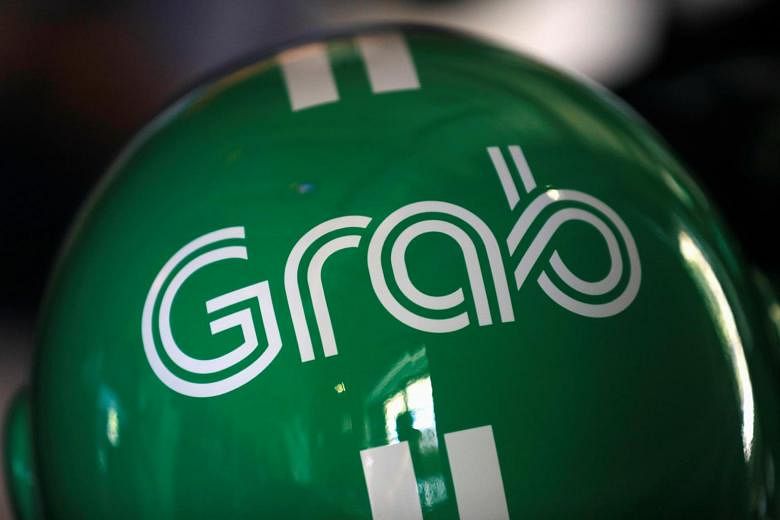SINGAPORE (BLOOMBERG) - Grab, Uber Technologies' fiercest rival in South-east Asia, is hunting for deals with funding from its biggest backer SoftBank Group.
The five-year-old start-up has built a team for mergers and acquisitions led by president Ming Maa, with a pipeline of deals under review, chief executive officer Anthony Tan said in an interview on Tuesday (June 6). He declined to elaborate on specific targets and said the company does not have plans for an initial public offering because it has plenty of funding from investors.
Grab's funding has been helped by a strong relationship with SoftBank that has blossomed since Mr Tan first met Mr Masayoshi Son at the billionaire's Tokyo office in 2014. Mr Tan said he listened to Mr Son's advice to take his money, which was agreed upon with a handshake, and the Japanese company has backed every funding round since.
"The No. 1 priority is how you optimise with the capital you have, and then if there is a lot of capital that can work on your terms," Mr Tan said. "With those two, you probably don't see a need to go IPO any time soon."
Mr Tan expects Grab, as SoftBank's biggest investment in South-east Asia, to work closely with Mr Son's company. SoftBank is also a backer of Didi Chuxing, the company that defeated Uber in China.
The Singapore-based company is waging a pitched and costly battle against Uber and Go-Jek Indonesia in ride-sharing across South-east Asia. The company was said to have raised more than US$1.5 billion (S$2 billion) from SoftBank and other investors in its most recent funding round - a record for the region. Mr Tan declined to comment on the size of SoftBank's investment or whether it will put more money in.
Grab now operates in seven countries but Uber and Go-Jek - backed by investors that include Sequoia Capital and Warburg Pincus - are amassing financing and rapidly expanding their own networks.
In April, Grab acquired Indonesian e-commerce start-up Kudo for an undisclosed amount, striking its first deal since pledging to invest US$700 million in its largest market. The purchase was aimed at beefing up payment services while expanding its reach across Indonesia, South-east Asia's largest country.
Mr Tan said deals similar to Kudo may be targeted.
The fight for South-east Asia is a battle for a region on the cusp of an Internet commerce boom with twice as many people as the US. While a far smaller market than China, the world's second-largest economy, it remains an open playing field that could prove pivotal if Uber is to sustain growth beyond the US and Europe.
Mr Tan, whose great-grandfather was a cab driver, helped start Grab with just 40 taxis in Kuala Lumpur in 2012. By its third year, it had expanded to six countries and amassed four million app downloads.
Car-hailing has taken off as smartphone usage expands and riders seek simpler or quicker alternatives to taxis and public transportation. But the process of signing up drivers and attracting customers remains a costly one, requiring big subsidies on rides and aggressive marketing.
Mr Tan's other priority is building GrabPay into a regional mobile wallet and payments service to hook users and drivers without credit cards - something Go-Jek is also working on. Its GrabPay app has been downloaded 45 million times and enlisted more than 930,000 drivers across South-east Asia.

